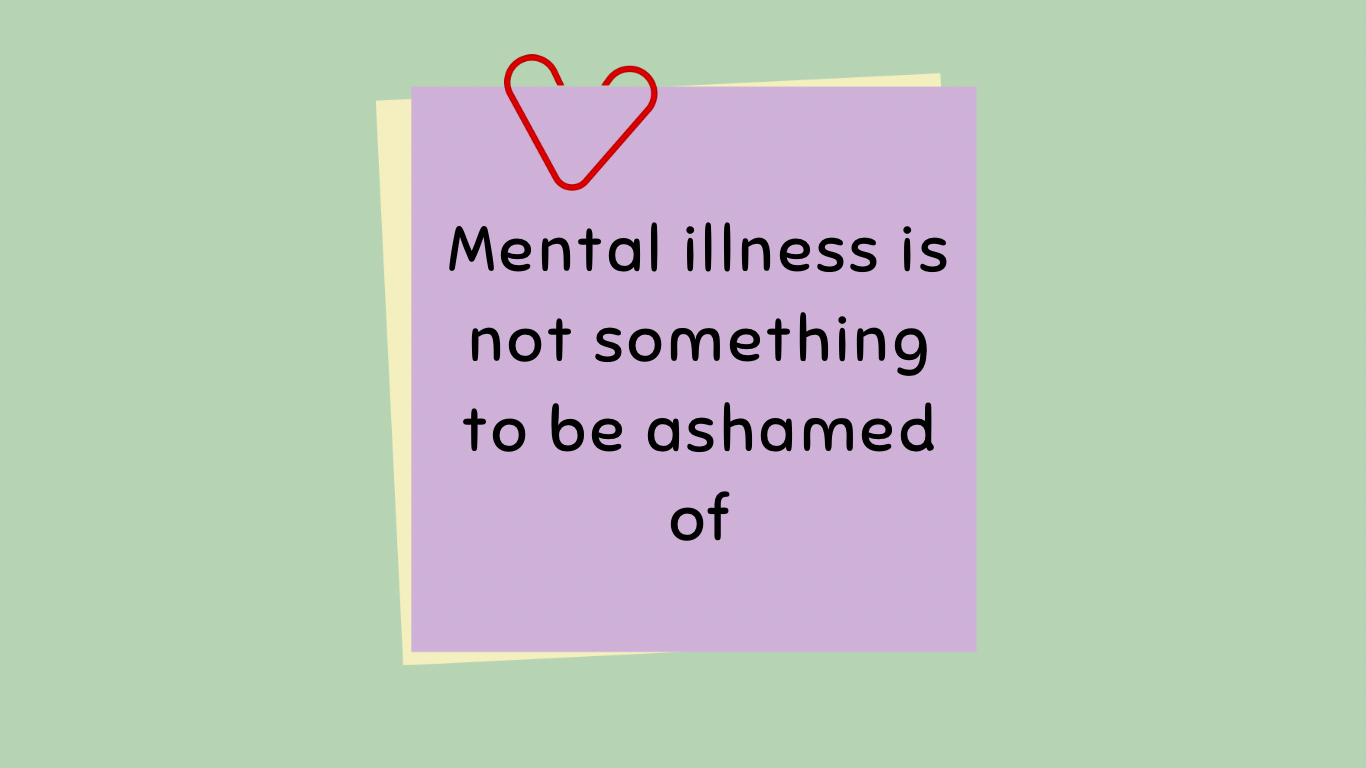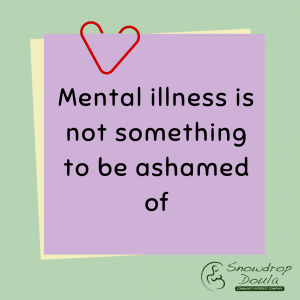History and stigma of mental illness.
Over many years the view of mental illness has changed hugely. decades ago people displaying behaviours that were thought to be ”not ok” would be diagnosed as ”insane” and locked up in mental asylums. Some of these behaviours would not be seen as any form of an issue these days, for instance, women not wanting to have a child may have caused a reason for being sent to an asylum, as would homosexuality.
Now, in 2022, we do not have ”lunatic asylums” and the care and treatment of mental illness is vastly different. (although we do have a way to go yet.) Psychiatric wards exist and these do tend to be for those who are most ill, with illness such as psychosis. In maternal mental health we do have some mother and baby units in the UK for those who require inpatient care.
Progression of views
The NHS now has frameworks in place to treat mental illness in various ways, beginning with sharing self help strategies, and with talking therapy and only inpatient care for those most at risk. Theories and beliefs of mental heath care tends to now work on looking a the person as a whole and how best to support the individual needs, with a view to make things better rather than judge and lock away as some form of danger. Research now knows that people with mental illness are no more a risk to others as anyone else.
Societal views on mental illness has also changed along with this. Mostly excepted as part of life for many. We now see that mental illness is treat as psychical illness is. a person could suffer for a while and can access (depending on various things) help to make the illness better or more manageable.
Feeling ashamed is something that can come from others or beliefs around a situation. In many situations this feeling could stop someone accessing support and therapy. If professionals and the wider society talk about mental illness as something to not label or that things are not an illness it can also contribute to this.
In reality having a mental illness is OK. Mental illness can be treat in various ways, just as any other illness, and ways to many a longer illness can also be done. Society and services no longer judge mental illness as something dangerous (for the most part) because we have the research to show otherwise.
Seeking help, support and treatment that is right for the individual is key. we have a way to go to getting things perfect, if that’s even possible, but we have a much better under


